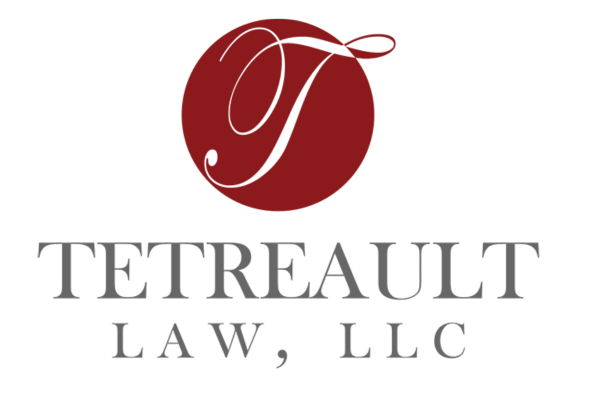Estate Planning: When to Update Your Plan and Why
Estate planning is an essential aspect of financial and personal security. It involves creating a set of legal documents that outline how you want your assets to be distributed, who will make decisions on your behalf if you become incapacitated, and how you want your healthcare to be managed if you cannot make those decisions yourself.
The time to update an estate plan varies. Ideally, you should update your estate plan every three to five years or after a significant life change.
An estate plan is a living document. It should evolve over time and reflect your current assets, family situation, work status, and interests. It’s a good idea to revisit this legal document every three to five years to ensure the estate plan still reflects your wishes. You should also update your estate plan after major life events such as purchasing a home, getting married or divorced, having children, or after an inheritance.
Does your estate plan reflect your marital status and the distributions you’d like to make to your spouse?
If you’ve recently been married, you’ll want to update your estate plan to include your new spouse. Georgia law does make some provisions for spouses, but if there is something specific you want to bequest them, it’s better to have it affirmed in your estate plan. Alternatively, if you’re in the process of divorce or are recently divorced, you should update your estate plan to reflect that change. Georgia law does not automatically remove former spouses from certain accounts, so it’s best to ensure your legal documents and beneficiary designations reflect your current wishes.
How should you manage the distribution of assets to your children?
You should update your estate planning documents after the birth of your child(ren). With an estate plan, you can designate not only which assets you’d like to give your children but also when and how. Do you want to distribute those assets outright? Do you want to place the assets in a trust and distribute them to your children over time or when they reach a certain age? With a trust, you can stagger the distributions and protect your children from creditors or former spouses.
Do you need to incorporate a special needs trust in your estate plan?
If you have a child or family member who needs special assistance, you may want to include a special needs trust in your estate plan. This type of trust will preserve the beneficiary’s eligibility for public benefits while also ensuring that they can benefit financially from your estate.
Have you named an estate executor?
An estate executor, sometimes also referred to as a personal representative, is the person who helps distribute assets and close your estate after you pass away. Many people name a close family member or friend as their executor. It’s an important role with many responsibilities. You want to ensure that you have designated the right person and that they are able and willing to serve as your executor.
Does your Advance Directive for Health Care reflect your current medical wishes?
An Advance Directive documents your healthcare wishes so that medical professionals know your care and treatment preferences should you otherwise be unable to communicate them due to illness or incapacity. You may also name your Medical Power of Attorney in the Advance Directive. It’s a good idea to revisit these legal documents every few years to ensure that your current wishes for medical care are established and that you have the appropriate Medical Power of Attorney in place. For example, if you’ve divorced, you may not want your former spouse to still serve as your Medical Power of Attorney.
Are your beneficiary designations up to date?
In addition to updating your basic estate planning documents (Will, Advance Directive, Power of Attorney), you should also check your other planning documents and accounts that have beneficiary designations. You want to ensure that those designations reflect your current marital and family status and that the right person will receive the assets.
Have Additional Questions? Contact Our Estate Planning Team
If you have questions about your estate plan and whether it’s time to update your legal documents, give us a call. Our estate planning legal team would be happy to help. You can reach us (912) 355-9109 or via our online contact form.


Recent Comments